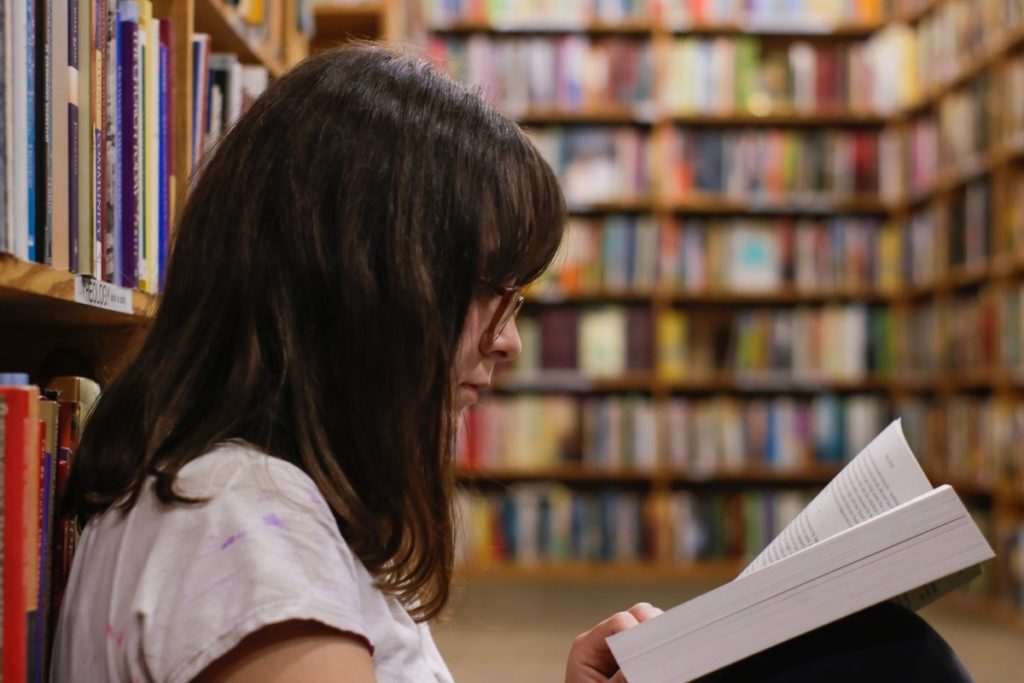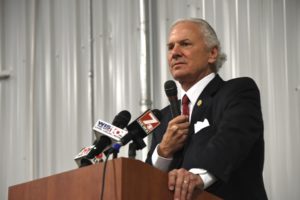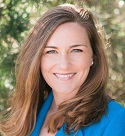
By Jack O’Toole, Capitol bureau | A new pilot program from the S.C. Department of Education (SCDE) is sending nearly 3,000 South Carolina students to private schools at taxpayer expense this fall as two critical questions remain unanswered: Is it legal, and is it a good idea?
The program, authorized by the S.C. General Assembly in 2023, provides parents with up to $6,000 in a special savings account to pay for private school tuition and a wide range of related expenses, including textbooks, computers, private tutoring and transportation costs. In the first year, participation is limited to families making 200% of the federal poverty limit, or about $60,000. That number rises to 300% and 400% in years two and three.
Here’s what we know about the students who are participating this year, according to demographic data provided to the City Paper by SCDE:
- Grade levels: 58% of recipients are in elementary school, 22% middle school, 20% high school.
- Ethnicity: 49% Black, 36% White, 7% Hispanic, 1% Asian.
- Sex: 52% male, 48% female.
Supporters say the program is essential to improving the state’s historically poor education system.
“The point of our schools is to have more educated students who have a greater chance of succeeding in life,” said Sam Aaron, an analyst with the S.C. Policy Council, which supports the program. “And if the current school isn’t serving them, they should have this option to find a school that does serve them.”
But opponents describe the program as warmed-over vouchers that subsidize private school tuition – the equivalent of handing parachutes to a handful of children while leaving the rest to go down with the plane.
“For every kid that might go on under this program to get what’s perceived to be a better education in a private school, there’ll be 10 to 15 that are stuck in schools that are lagging behind,” said Calhoun County Democratic Rep. Russell Ott, who’s currently running for state Senate. “So let’s roll up our sleeves and fix the public schools.”
Is the program legal?
This isn’t the first time South Carolina has tried to implement a private school scholarship, or voucher, program. (Supporters typically prefer the terms “school choice” and “scholarships,” which poll well, while opponents prefer “privatization” and “vouchers,” which don’t.)

“Private schools … provide parents the ability to choose the type of education environment and instruction they feel best suits their child’s unique needs,” S.C. Gov. Henry McMaster said in July 2020, as he announced his decision to redirect $32 million in federal Covid relief assistance into a new private school grant program for families making up to 300% of the federal poverty level.
But less than four months later, the S.C. Supreme Court struck down McMaster’s program in a unanimous decision, finding that it violated the state constitution’s prohibition against “direct aid to religious or other private educational institutions.”
“The direct payment of the funds to the private schools is contrary to the framers’ intention not to grant public funds ‘outrightly’ to such institutions,” wrote then-Chief Justice Don Beatty.
Proponents of the current program believe it will ultimately pass constitutional muster because it awards money to parents rather than providing it directly to the private schools.
But opponents like Sherry East, president of the S.C. Education Association which is challenging the program in court, argue that that’s a distinction without a difference.

“Cut and dried, it’s unconstitutional,” East told the City Paper. “We’re not opposed to private schools – I don’t fault any parent for wanting to do what they think is right for their child – but it’s not fair, or legal, to ask taxpayers to do that.”
But as East is quick to point out, her concerns run deeper than the law.
“In the public schools, we teach everybody,” she said. “If we have this extra money for education, why can’t we put that toward the [historically underfunded] Corridor of Shame or school districts that are struggling with facilities? There’s a real need for that money.”
How much money is East talking about? Under current law, the pilot will cost state taxpayers $30 million this year, with the price tag rising to $90 million by year three of the program.
What does the research say about similar programs?
As is often the case in divisive public policy matters, the research on state scholarship and voucher programs is both thinner and more contradictory than either side would suggest.
On the positive side, most studies over time have shown improved parent satisfaction, higher graduation rates and stronger test scores among program participants.
However, as the Brookings Institution noted in a 2023 report, more recent studies are less encouraging.
“The last decade of achievement studies have shown negative voucher impacts, with more mixed or inconclusive results on attainment,” Brookings concluded after reviewing the research.
Specifically, Brookings points to studies showing mixed or negative academic impacts from programs in Louisiana and Indiana, as well as the emergence of “pop up” schools that exist only to profit from the newly-available state funds.
Overall, Brookings called the evidence “mixed,” with some studies showing “large positive impacts,” though “the larger the program, the worse the results tend to be.”
A wait-and-see approach
To the surprise of many longtime Statehouse observers, Republicans in the House of Representatives pushed through a bill earlier this year to expand the new program to all students at all income levels immediately, before the pilot had even begun.
The bill died without a vote in the Senate, where members like Beaufort Republican Sen. Tom Davis wanted to see the pilot results first.
“I always believe that you get a better product at a lower cost when there’s competition among providers and the consumer has choices,” Davis told the City Paper. “But when you take theory and translate it into practice, you’ve got to carefully measure outcomes and make sure your assumption is correct.”
Moreover, Davis argues, the program should only exist in the context of a larger effort to improve education by supporting public school teachers.
“The most important thing we can do is make sure that more of the money we appropriate for education goes straight into teacher salaries, [because] there’s nothing more important than a quality teacher in the classroom,” Davis said. “And second, teachers have to be sovereign in the classroom. They have to be able to impose discipline and be respected for their skills.”

In the House, Charleston Democrat Spencer Wetmore agrees that teachers need more support and that the current pilot program with income limits is better than any kind of immediate expansion.
But she continues to believe that “public dollars should be used for public education.”
“When there’s a problem with public schools, we should fight to fix them, not divert money from the system,” Wetmore said.
- Have a comment? Send to: feedback@statehousereport.com.



Public funds for public schools.
Private funds for private schools.
Simple, not easy.